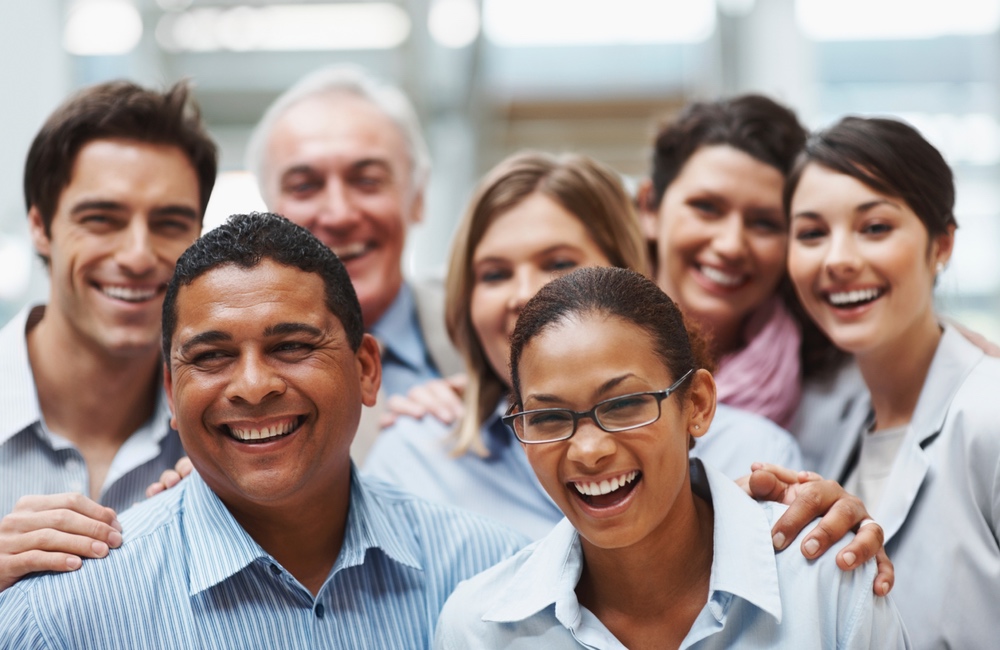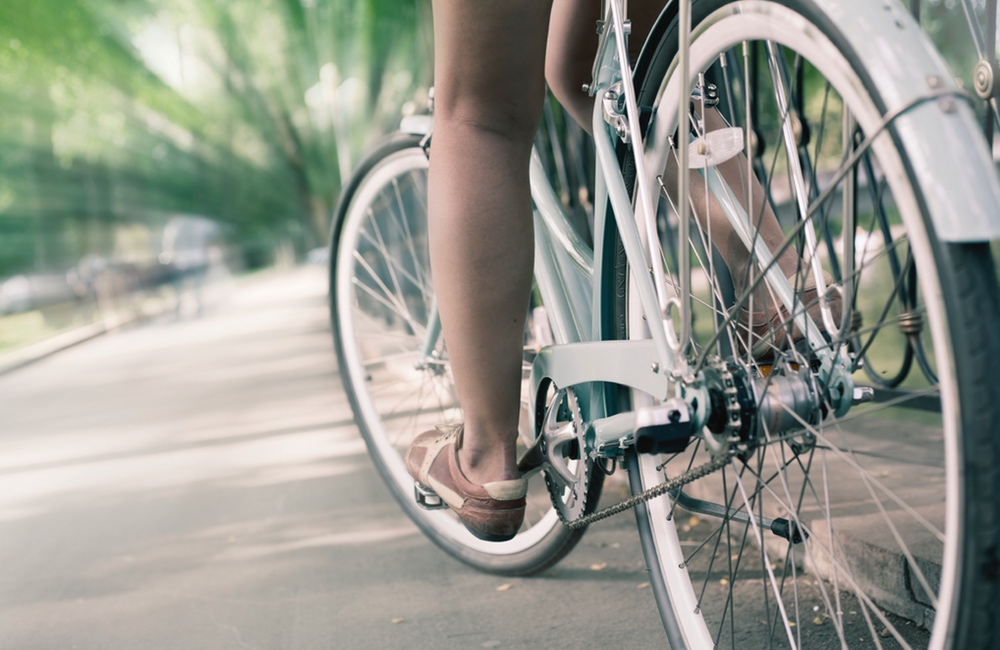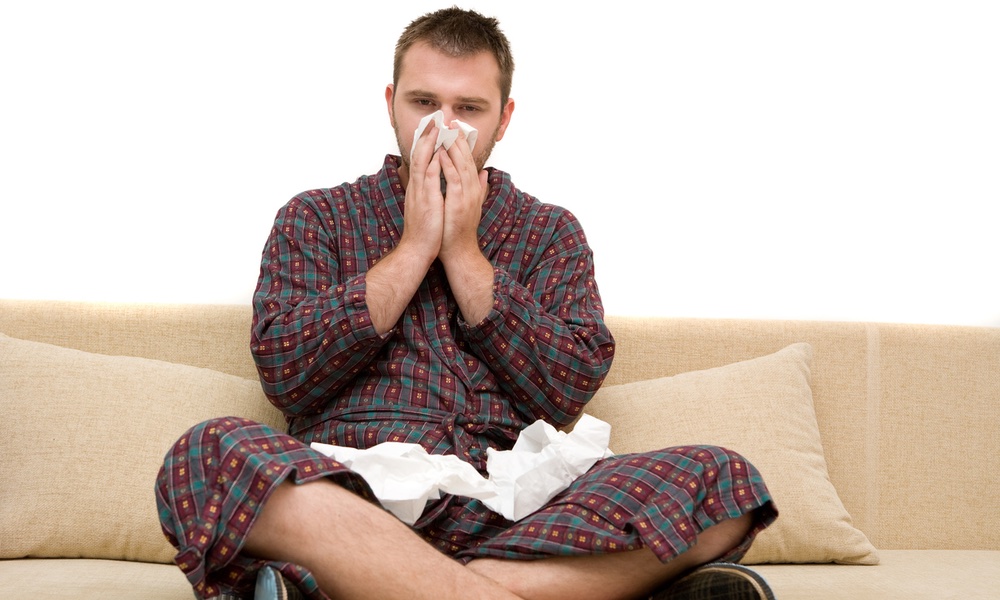Team-building begins with caffeine, at least according to the findings of a recent study that found office workers rated both themselves and their coworkers more highly if they'd had a cup of coffee. And it appears the coffee connection is more than a feeling — “We found that increased alertness led to the positive results for team performance,” said Amit Singh, a co-author of the study, in a statement.
Caffeine can improve individual performance, but its impact on teamwork has not been studied until now. The results suggest any intervention that increases workers' alertness can have a positive effect on team performance.People who drank caffeinated coffee tended to talk more while staying more on topic, versus those who drank decaf.
Researchers from the University of California, Davis and Ohio State University ran two studies. All of the 72 undergraduate students in the first study said they were coffee drinkers. Half of the participants drank caffeinated coffee before they completed the group task, while the other half drank coffee after the group task.
A second study followed a similar format, except all 61 participants drank coffee before completing the group task. Half of the participants drank caffeinated coffee, and half drank a decaffeinated blend.
Group members who drank caffeinated coffee rated themselves and their fellow caffeine drinkers more positively compared to the way decaf drinkers rated themselves and members of their group.
Members of the caffeine group also rated themselves as more alert than did members of the decaf group. But those who viewed themselves as more alert also tended to rate themselves and other members of their group more positively. It did not matter if they drank caffeinated coffee or not. “When people are more alert, they see themselves and other group members contributing more, and that gives them a more positive attitude,” said Singh.
Finally, people who drank caffeinated coffee tended to talk more and more on topic, compared to those who drank decaf. They were also more likely to say they wanted to work again with members of their group.





